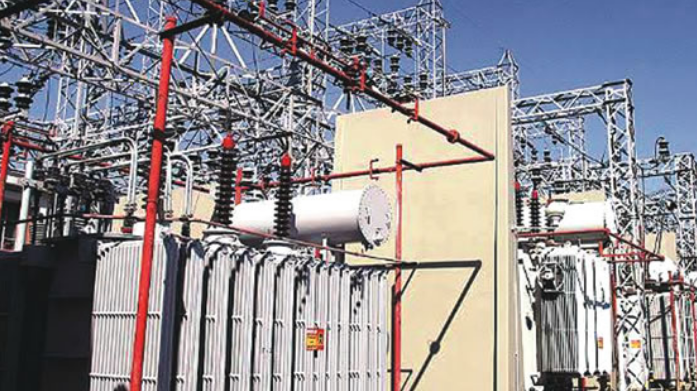Discos Blame TCN For Irregular Power Supply

Electricity Distribution Companies (Discos) have painted an unflattering picture of how the Transmission Company of Nigeria (TCN) contributes to the erratic power supply in the country, describing the only government-controlled company in the supply value chain as a major threat to the power sector.
The Discos, in their Q2 (2020) report, said apart from inconsistent improvements prompted by seasonal changes, the electricity wheeled to the power distributors remain largely poor.
The power distributors added that the Aggregate Technical, Commercial and Collections (ATC&C) losses increased to 45.7 per cent by the end of June, from 43.3 per cent in March, thus changing the declining trend that had been achieved in the last three years.
The report by Association of Nigerians Electricity Distributors (ANED), the umbrella body of the Discos, said since 2015, the TCN had not improved on its capacity to transmit electricity to them (Discos).
It stated that whereas the Nigerian Electricity Regulatory Agency (NERC) gave the TCN a target to support the evacuation of power by about 50 per cent between 2016 and 2019, the company has performed by just about 13 per cent.
Since 2015, there has been no significant improvement in the energy generated and wheeled by TCN, that is finally received by Discos. It continues low and flat, only affected by a seasonal effect between the dry and rainy seasons.
The Discos’ uncertainty on the energy to be received from TCN has become a major threat and it will hurt the core of their Performance Improvement Plans (PIPs) as many of the plans are based on the basis of the projections done by NERC at June´s Minor Review.
Moreover, NERC in the last TCN´s minor reviews stated that whereas the CAPEX provided to TCN in MYTO-2015 order was to support the evacuation of the average projected generation of 5,465MW in 2016 to 10,493MW in 2019, actual average generation remained between 3,500MW to 4,000 MW during the same period.
The energy to be received by the Discos continues to be flat, low and far from any of NERC´s projections under the MYTO financial model,
the report stated.
It noted that the historical projections of the MYTO model has remained inconsistent with the energy assumptions of the tariff model, adding that the misalignment has increased the tariff shortfall and accelerated the sector’s liquidity crisis.
According to the report, the commercial performance improvement registered by the Discos within the last few quarters has been affected negatively by the impact of the COVID-19 lockdown, stressing that consequently, the Q2 collection efficiency dropped to an average of 64 per cent.
In particular, the collection efficiency in April was only 49 per cent, although it recovered to 76 per cent in June. In annual terms, the total collection is at N472 billion, slightly lower than the previous record of N482 billion, but still better than the previous period a year ago,
the report said.
On the ATC&C losses, the Discos stated that the moving average increased to 45.7 per cent by the end of June from 43.3 per cent in March, changing the declining trend that had been achieved in the last three years.
ATC&C is the difference between the amount of electricity received by a distribution company from the transmission company and the amount of electricity for which it invoices its customers plus the adjusted collections loss.
The overall ATC&C losses moving average kept decreasing smoothly until February 2020 where it has reached a new record of 43.3 per cent; after which almost every Discos’ ATC&C started to rise.
The Q2 ATC losses jumped from 19 per cent up to 31 per cent and therefore the energy billed dropped by N18 billion. At the same time, the Q2 collection efficiency also dropped to 64 per cent,
the report stressed.
It added that the number of registered end-users in NESI had been increasing, currently, at a rate of about 75,000 new customers per month (+10 per cent in 2019, resulting in more than 9.5 million customers in total).
On a quarterly basis, the Discos noted that their collection dropped by N14 billion (-11.4 per cent) as a result of the COVID-19 pandemic and lockdown, adding that although the collection efficiency is still below 70 per cent, it has increased +3 points in the last year, reaching 69 per cent.
Importantly, the energy received by the Discos is constrained around 27 TWh per year and is far from any MYTO scenario provided by NERC,
the report stated.
It said energy billed was affected badly on the one hand by the effect of the pandemic, and on the other hand, the unreliable energy delivered by TCN.
It stated that the energy billed in quarter 2 of 2020 was less than quarter 1 by 822 GWh, a reduction of -14,2 per cent.

Justin Nwosu is the founder and publisher of Flavision. His core interest is in writing unbiased news about Nigeria in particular and Africa in general. He’s a strong adherent of investigative journalism, with a bent on exposing corruption, abuse of power and societal ills.













